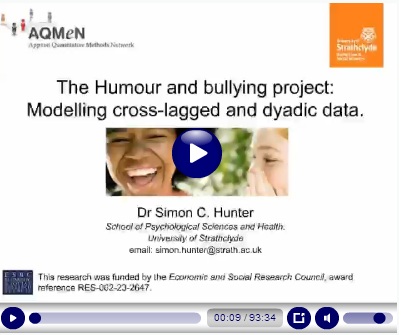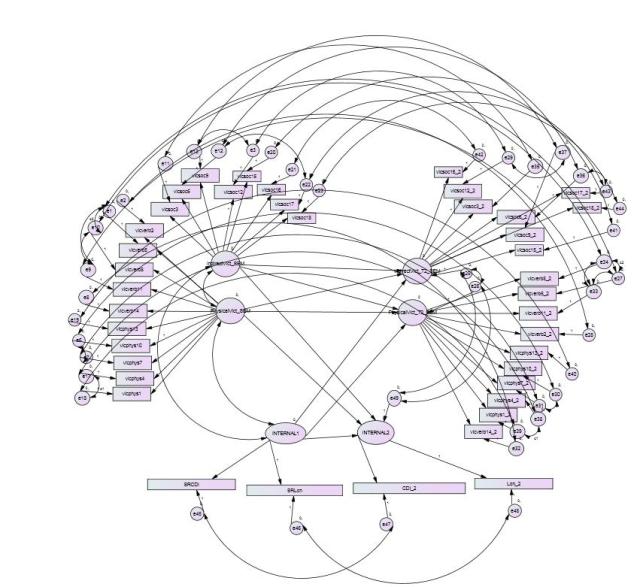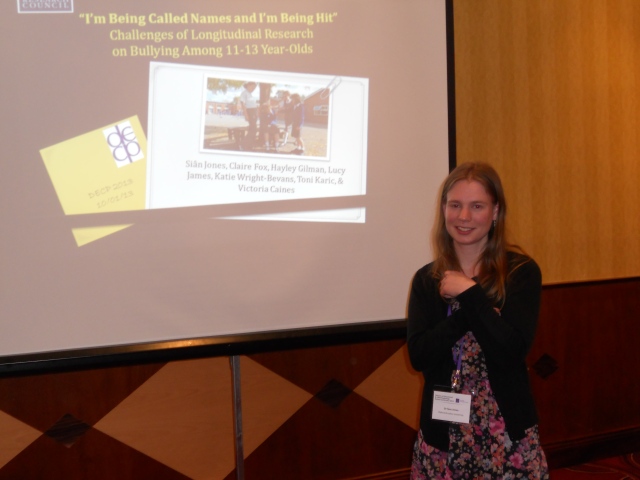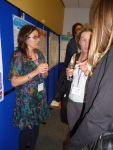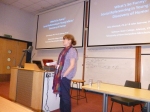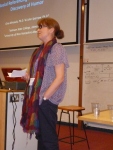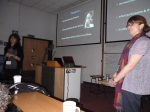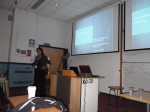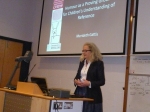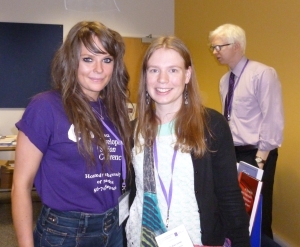Simon Hunter gave a talk recently at the University of Edinburgh, UK, concerning the way that we have analysed data from the project.
His (quite technical, but nonetheless accessible) talk has been uploaded as a video lecture by the Applied Quantitative Methods Network, and may be viewed using the link below.
The abstract of his talk is pasted below:
This seminar will outline the background and methods used in an ESRC-funded research study focusing on adolescents’ humour use and their involvement in bullying. Following this, three specific aspects of data analyses will be introduced, each of which will be accompanied by examples using the humour and bullying data. These examples illustrate different ways of using the SPSS add-on ‘AMOS’ to analyse data. First, measurement models will be covered with a focus on trouble-shooting models which do have adequate levels of fit. Second, the cross-lagged nature of the data set will be discussed, along with benefits and limitations of this research design. Examples of analyses using cross-lagged data will be covered. Finally, the Actor-Partner Independence Model (APIM: Kashy & Kenny, 1999) will be introduced as a way to account for the dyadic nature of many data sets. Again, examples of APIM analyses will be presented and summarised. The seminar will end with a summary of findings from the humour and bullying project.

